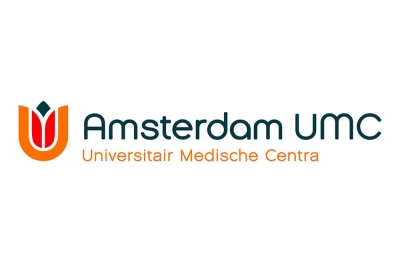‘NR4Ants’: Til immunotherapie bij kanker naar een hoger niveau A targeted strategy to boost cancer immunotherapy
Cellular cancer immunotherapy, in which the patient’s immune cells are used to kill malignant cells, has revolutionized cancer treatment. Cellular immunotherapy includes CAR T-cells, modified autologous T-cells, and tumor-infiltrating lymphocytes (TILs); lymphocytes isolated from resected tumors, expanded ex vivo, and administered to the patient.
Unfortunately, the efficacy of cellular immunotherapy is compromised as CAR T-cells/TILs enter a dysfunctional state upon prolonged activation. Only a limited number of patients receiving cancer immunotherapy are cured. Strategies to reverse this exhausted phenotype are currently unsatisfactory.
The NR4A Nuclear Receptor family (NR4A) was recently identified as a key inhibitor of CAR T-cell/TIL effectiveness. To exploit the therapeutic potential of NR4A inhibition, we focused on initiating a translational drug discovery pipeline to develop NR4A antagonists (‘NR4Ants’) to boost cellular cancer-immunotherapy.
We aimed to Identify NR4A protein interfaces relevant to therapeutic targeting and develop functional in vitro assays. To discover novel ligand-binding/dimerization antagonist interfaces, we generated NR4A-variants and tested their activity and function. In addition, we focused on assay development and library design, compound screening, and hit appraisal. NR4A-specific assays with sufficient throughput and robustness were developed to enable the identification of NR4A-antagonists using medium-throughput screens.
The unique collaboration initiated within this project revealed that the impact of NR4As on human CAR T-cells is lower than on mouse CAR-T cells and the development of industry-standard assays for the identification of NR4A (ant)agonists was challenging but successful eventually.


